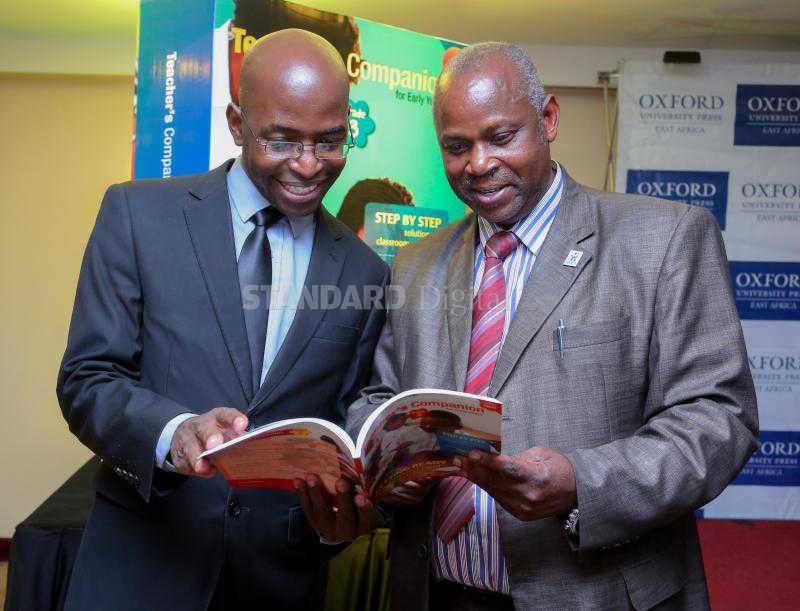×
The Standard e-Paper
Home To Bold Columnists

Public participation and stakeholder engagement has been at the centre stage of the ongoing healthy debate over the new system of education that is being piloted countrywide.
To some, though the Competency Based Curriculum (CBC) is a great thing to have happened in the country’s education history, public communication is low. Many Kenyans are yet to appreciate the beauty of the Basic Education Curriculum Framework (BECF) launched in January, last year, which is the software of the curriculum reforms.